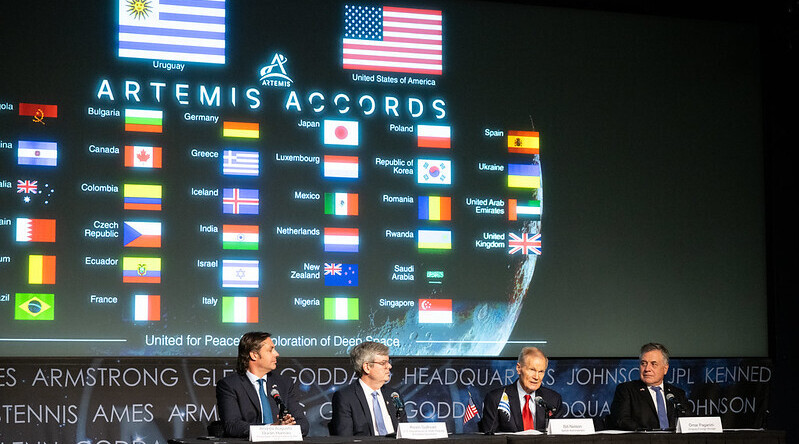As NATO's missile defense system goes live in Turkey, questions have been raised about the nation's human rights record. Should NATO condemn Turkey's recent crackdowns on free speech and the media? Or does the country's geostrategic importance trump these concerns?
NATO's controversial missile defense system only recently went live in Turkey. But already, the early warning radar station is sounding alarms.
NATO's missile defense radar is designed to intercept medium-range missiles at high altitudes. It was initially hailed as a major geostrategic feat for U.S.-Turkey relations. Many predicted that the deal would protect Europe from a foreign missile attack and strengthen ties between Turkey and the West.
In recent days, however, Turkey's growing ties to NATO have caused friction.
Human rights defenders say NATO's embrace of Turkey could not come at a worse time. For decades, Turkey has been heralded as an emblem of Muslim democracy. The only Muslim-majority member of NATO, Turkey has long been praised as a powerful example of a modern secular government.
But this key U.S. ally has recently witnessed a stunning democratic setback. Human rights advocates say the government is cracking down on dissent and eliminating free speech. According to critics, freedom of the press is being curtailed through a nasty mix of state-sponsored intimidation, arrests, censorship, and fines.
Some are calling on NATO to take a more vocal role in condemning Turkey's anti-democratic trajectory. In a recent GOP debate, former U.S. presidential hopeful Rick Perry even went so far as to suggest that Turkey be expelled from NATO.
As the geostrategic partnership between Turkey and NATO strengthens, how important is Turkey's human rights record? Should NATO take a more vocal stance against signs of authoritarian retrenchment? Or, does Turkey's geostrategic importance outweigh its domestic political setbacks?
For more information see
Dan Bilefsky and Sebnem Arsu, "Charges Against Journalists Dim the Democratic Glow in Turkey," The New York Times, January 4, 2012
Steven A. Cook and Bernard Gwertzman, "Turkey's Rising Mideast Role," Council on Foreign Relations, October 26, 2011
Keith Johnson, "Talking
Turkey: Rick Perry’s Latest ‘Oops’ Moment?," The
Wall Street Journal, January 17, 2012
"Part of NATO missile defense system goes live in Turkey," CNN, January 16, 2012
Photo Credits in order of Appearance:
Lt.
j.g. Nelson H. Balido/U.S. Navy
U.S.
Missile Defense Agency
Pete
Souza/White House
Master
Sgt. Jerry Morrison/U.S. Air Force/Department of Defense
White
Cat OR Hsing
Wei
Andrea
Giudiceandrea OR Randam
Alec
Vuijlsteke
Gage
Skidmore
Staff
Sgt. Eric Wilson/Texas Military Forces


